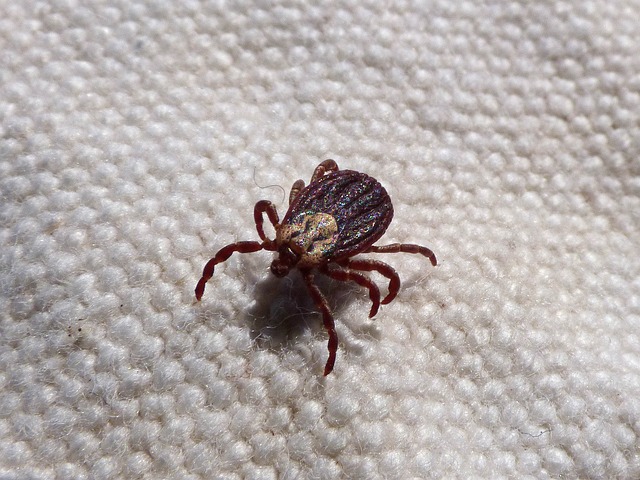
As we move into the warmer months of 2024, experts are warning that this tick season could be the worst in years. With tick populations on the rise and their habitats expanding, the risk of tick-borne illnesses is higher than ever. This blog will explore the factors contributing to this troubling trend, the potential health impacts, and how you can protect yourself and your loved ones.
Rising Tick Populations
One of the primary reasons for the anticipated severe tick season is the increase in tick populations. Warmer winters and earlier springs have extended the tick’s active season, allowing them to reproduce more effectively. Additionally, changes in land use and the expansion of suburban areas into natural habitats have created more opportunities for human-tick interactions.
Ticks thrive in warm, humid environments, and climate change is creating conditions that are ideal for their proliferation. With more ticks surviving through mild winters and reproducing earlier in the year, we are seeing a significant rise in their numbers. This increase not only heightens the risk of tick bites but also the spread of tick-borne diseases.
Expanding Habitats
Ticks are not just becoming more numerous; they are also expanding into new areas. Traditionally, ticks were more commonly found in wooded and rural regions. However, they are now increasingly being reported in urban and suburban environments. This expansion is partly due to changes in wildlife populations and human encroachment into tick habitats.
White-tailed deer, a primary host for ticks, have been moving into suburban areas, bringing ticks with them. Additionally, small mammals like mice and birds, which can also carry ticks, are thriving in urban environments. This means that people who may not have previously considered themselves at risk for tick bites now need to be vigilant.
The Health Risks
The rise in tick populations and their expanding range have significant health implications. Ticks are vectors for several serious diseases, most notably Lyme disease. Lyme disease, caused by the bacterium Borrelia burgdorferi, can lead to severe health issues if not treated promptly. Symptoms include fever, fatigue, joint pain, and neurological problems.
In addition to Lyme disease, ticks can transmit other illnesses such as anaplasmosis, babesiosis, and the potentially deadly Powassan virus. The latter has seen a rise in cases over recent years and can cause severe neurological damage. With more ticks in more places, the likelihood of encountering an infected tick is higher, underscoring the importance of prevention and early detection.
Prevention and Protection
Given the increased risk, taking steps to protect yourself and your family from tick bites is crucial. When spending time outdoors, especially in grassy, wooded, or brushy areas, wear long sleeves and pants, and tuck your pants into your socks to create a barrier against ticks. Using insect repellent that contains DEET or permethrin can also provide an additional layer of protection.
After spending time outdoors, perform thorough tick checks on yourself, your children, and your pets. Ticks can be as small as a poppy seed, so be sure to check carefully, especially in hard-to-see areas like the scalp, behind the ears, and under the arms. Showering within two hours of coming indoors can help wash away ticks that have not yet attached.
The Importance of Awareness and Education
Awareness and education are vital in combating the rise in tick-borne illnesses. Knowing the risks and how to prevent tick bites can significantly reduce your chances of contracting a tick-borne disease. Public health campaigns and educational programs can play a crucial role in spreading this knowledge.
Healthcare providers also need to be vigilant and aware of the symptoms of tick-borne diseases. Early diagnosis and treatment are essential for preventing serious health complications. If you experience symptoms such as fever, rash, or joint pain after a tick bite, seek medical attention promptly and inform your healthcare provider about the tick exposure.
In conclusion, the 2024 tick season is shaping up to be one of the most challenging in recent years. With tick populations on the rise and their habitats expanding, the risk of tick-borne illnesses is higher than ever. By understanding the factors driving this trend and taking proactive steps to protect yourself, you can reduce your risk and stay healthy. Awareness, prevention, and early intervention are key to navigating this tick season safely. Stay informed, stay vigilant, and take the necessary precautions to keep yourself and your loved ones safe from ticks and the diseases they carry.
